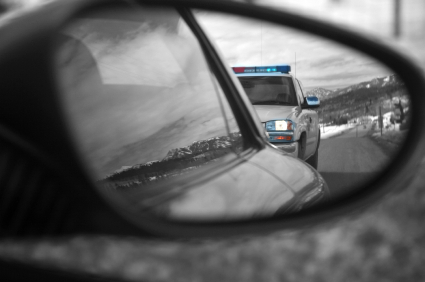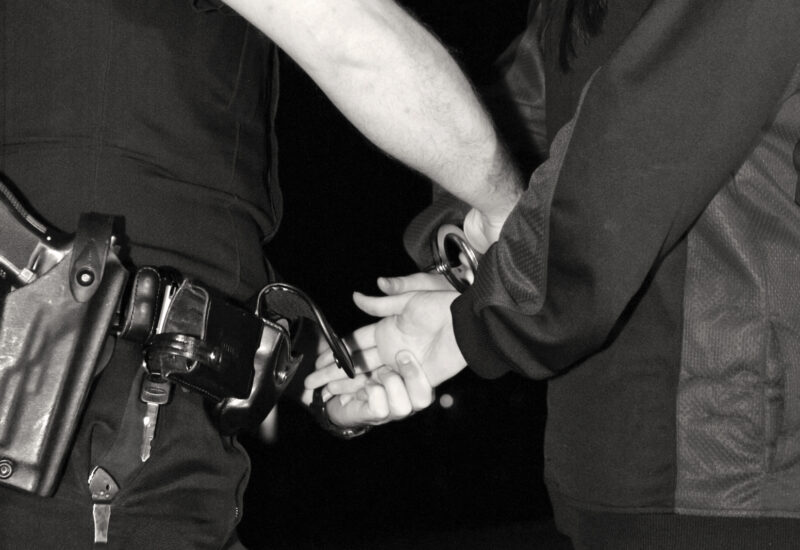
Driving under the influence (DUI) is a very common and one of the more serious misdemeanor offenses, you can be charged with. Being impaired by drugs or alcohol can lead to poor and impulsive decisions. While making a plan for transportation before becoming intoxicated is a good idea, mistakes happen.
Though a first-offense DUI is typically a misdemeanor, a conviction carries heavy penalties. You face driver’s license suspension, considerable fines, and even jail time. Plus, having a DUI conviction on your record can affect your life for years.If you’re confronting a DUI charge, it’s normal to wonder how to get your case dismissed. Multiple issues may lead to the dismissal of your DUI case.
Before pulling you over for a traffic stop, a law enforcement officer must have reasonable suspicion or probable cause to suspect you committed a crime. Simply stated, the officer must be able to say the reason for stopping your vehicle. If you’re arrested, this reason is often listed in your police report. Reasonable suspicion or probable cause can include: 1) Speeding 2) Weaving 3) Erratic driving 4) Broken taillight and 5) Running a stop sign or red light
If the arresting officer has no basis for reasonable suspicion, a judge may order any evidence obtained from the traffic stop thrown out under the Fourth Amendment. This includes the results of any chemical and field sobriety tests, as well as your words to the police officer.
Another possible route to dismissal of a DUI offense is challenging the validity of the field sobriety tests (FSTs). The National Highway Traffic Safety Administration approves standards for many of these tests. They are generally admissible in court. Many officers use three main tests to help determine if you are too impaired to drive: 1) Horizontal gaze nystagmus (HGN) 2) The walk and turn (WAT) and 3) The one-leg stand (OLS)
Though these tests are generally accurate, they are subject to human error. A few ways your defense attorney may challenge FSTs include: 1) Were the tests given in poorly lit conditions or on uneven pavement? Were you wearing improper shoes, such as high heels or sandals? Did the officer explain the test instructions properly?
Regarding the HGN test, there are several explanations for involuntary eye movement besides alcohol. You may have a medical condition or be taking certain medications that can mimic involuntary eye movement, like those present during alcohol impairment. Medical conditions, injuries, and disabilities may also cause difficulty with the walking and standing tests.
Chemical tests determine your blood alcohol concentration (BAC) or drug intoxication. You may be able to challenge the accuracy of your results. One key area your DUI defense attorney may be able to contest is whether the Breathalyzer or breath testing device was properly maintained and calibrated.
While this defense is less technical and more fact-specific, in some situations the prosecution may not be able to prove beyond a reasonable doubt that you were the driver. This argument is common when the police arrive at a solo vehicle accident for which no one saw who was driving, and passengers are in the car. It also helps if you did not make any admissions of driving.
This defense can also come up if law enforcement finds an intoxicated person in a parked vehicle. You don’t have to be in motion, but DUI laws vary by state. Typically, you must be driving or at least in a position to drive, should you choose, for a DUI charge. What qualifies as “in control” is up to the judge and is often subjective. A defense attorney can argue you weren’t in control of the car or couldn’t have driven.
If you or a loved one is in a bind as a result of a criminal charge, immediately contact a Seattle Criminal Attorney. A Criminal lawyer is not going to judge you and understands that everyone makes mistakes. Hiring a Seattle Criminal Lawyer to help can – at a minimum – reduce penalties and can help direct people on how to best deal with their criminal charge, and many times even get them dismissed. So, it should go without saying that someone cited for a misdemeanor or felony should hire a qualified Seattle Criminal Lawyer as soon as possible. Criminal charges can cause havoc on a person’s personal and professional life. Anyone charged with a crime in Washington State should immediately seek the assistance of a seasoned Seattle Criminal Lawyer. SQ Attorneys can be reached at (425) 359-3791 and/or (206) 441-0900.


